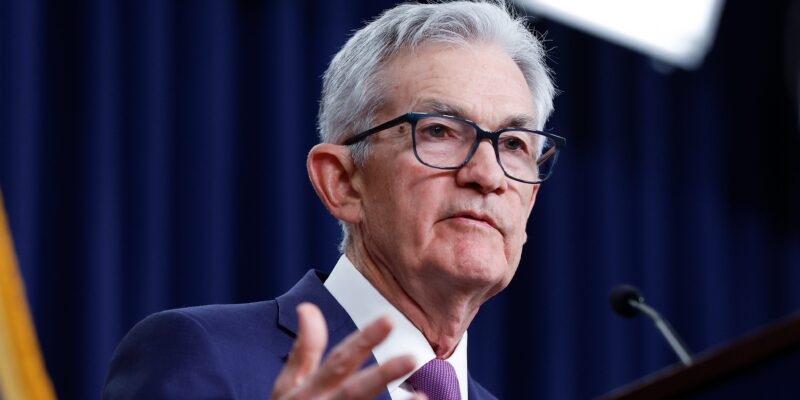- It’s never too early to start saving for retirement, unless you’re also carrying high-interest debt.
- A financial planner says that if you have debt that costs you more than 9% a month in interest and fees, it’s smarter to pay down that debt before putting your money toward retirement.
- That’s because the debt is so expensive that it’s costing you more than you could earn elsewhere, such as in a savings account or in a retirement account.
- The exception to this advice is if your employer matches retirement contributions. Then, contribute just enough to get the full match and concentrate the rest of your money on your debt.
- Visit BusinessInsider.com for more stories.
The sooner you start saving for retirement, the better – unless you have high-interest debt, such as credit-card debt.
“I see many clients with high-interest debt who simply don’t realize how much they’re paying in finance charges,” Ryan Cole, a certified financial planner and private wealth adviser at Citrine Capital in San Francisco, told Business Insider.
Finance charges are the costs of borrowing money, including the interest rate and any fees. While fees can add up, Cole said, it’s really the interest rates you want to focus on.
If you’re paying anything more than a 9% interest rate, Cole said, you should press pause on your retirement savings and focus on paying off your high-interest debt.
Paying down your high-interest debt can give you a guaranteed return because you'll be cutting your interest payments, Cole said. In most cases, he continued, this return is more than you'd earn in a savings account or in the stock market.
Are you on track for retirement? Find out with this calculator from our partners:
Citrine Capital provides a free credit-card interest calculator that can make it clear how much interest rates can cost you over time. "You'll likely be surprised at how much money you're paying," Cole said.
There is an exception to the postpone-retirement-saving-until-you've-paid-your-debt rule, Cole said: If your debt isn't that expensive and your employer provides a 401(k) match.
A 401(k) match is when your employer agrees to "match" a portion of your contributions to an employer-sponsored retirement plan. Experts largely recommend taking advantage if your employer offers one because that match can be considered free money - all you have to do to get it is save money for retirement, money you'd hopefully set aside anyway and that you'll ultimately get to use.
"In the event you find that you're paying less than a 9% interest rate and have access to an employer retirement account with a company match," Cole said. "You may want to put in the minimum to get the company match and allocate the rest of your extra money toward your debt."
If you know you'd like to save for retirement but are buried in high-interest debt, the biggest mistake you can make is prioritizing saving money for retirement over paying off your debt, he said.
Once you've taken care of your debt, you can begin to prioritize retirement savings. "While it may be tempting to save for retirement while you have high-interest debt, doing so can often do more harm than good," Cole said.
- Read more:
- Here's exactly how to figure out when you can retire
- 40-somethings are falling behind both their children and their parents when it comes to money
- Millennials are delusional about the future, but they aren't the only ones
- Dual-income couples tend to make a major mistake that jeopardizes their retirement










